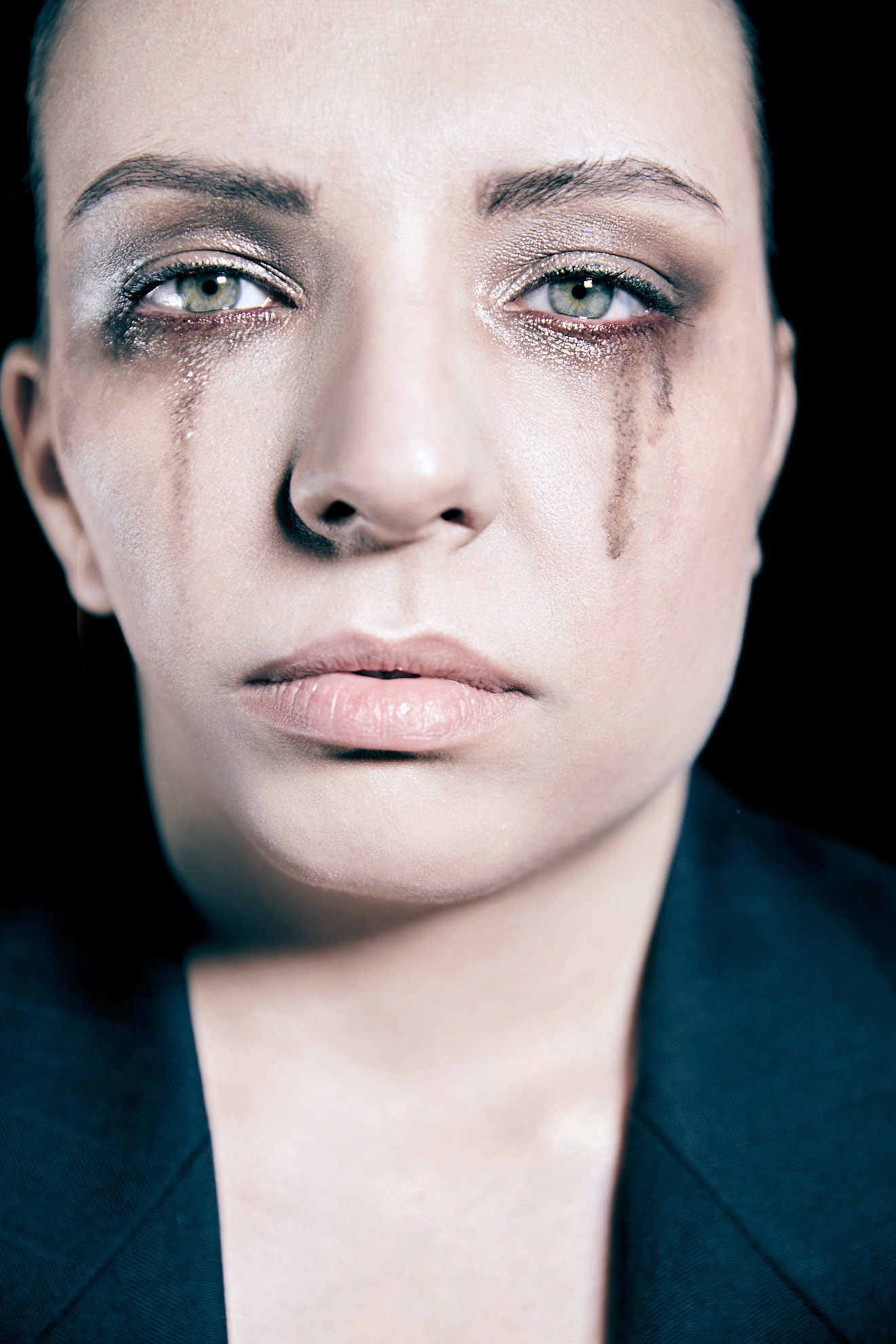
I was 16, just finished my exams. Summer holidays, beach, all the places I knew of by heart. I went with my friends to sunbathe and swim. I dived unsuccessfully. Probably because of the very dry summer that year, the water level in the river got very low. My head just hit the bottom. I broke my neck, so to speak. Immediately, my legs and arms stopped working while I was under the water. Despite the shock I had enough consciousness in me to hold my breath and to swim up to the surface. I was lucky my friends saw me and pulled me out.
Realization sunk straight away — this is serious and it’s for a long time.
You cannot advise anything in these circumstances. Every case is individual. You cannot say:"Oh, everything is going to be OK”. What I can say is the following: no matter what happened to a person, to what extent he lost his abilities — the most horrific outcome hasn’t happened yet — the death hadn’t arrived. He is alive. And this is the most important point.
I tried to be utmost pragmatic towards the planning of my life and future profession, taking consideration of my immobility and circumstance: I learned programming. One year later I understood it was not for me. One may think — what great conditions, you are at home and this is the optimal way of earning, but this activity wasn’t for me. Extrovert by nature, it is important for me to be around people.
The first time after the trauma I was sitting inside 4 walls and was afraid to go outside, to meet an “uninviting” environment, prejudice against myself — but in the end I conquered my fears.
However, the problem exists and it drags from the soviet era times, when all disabled people were destined to be sent away from the cities, featuring the saying “We do not have invalids”.
And we still leave our house, just like aliens. We always draw an exaggerated reaction — from very curious (children, for example) up to disgust and fear. In the best case, people would just lower their eyes. And this, fundamentally — is a discrimination. And all of that is because of a lack of awareness and my goal is to change this situation.
Nowadays I’m involved in social projects and the integration of disabled people into a “healthy society”. I wrote a winning application and got the grant. I now supervise the project “Friendship and Kindness lessons”. We established a small community of active people with disabilities, where they talk about and literally show how to live a life being physically restricted. We are trying to motivate by our example, such as to show that you can solve anything in your life, despite any difficulties that can arise along the way; so that people can look at us and they will understand that everything is going to be ok in life. And so that they will not give up.
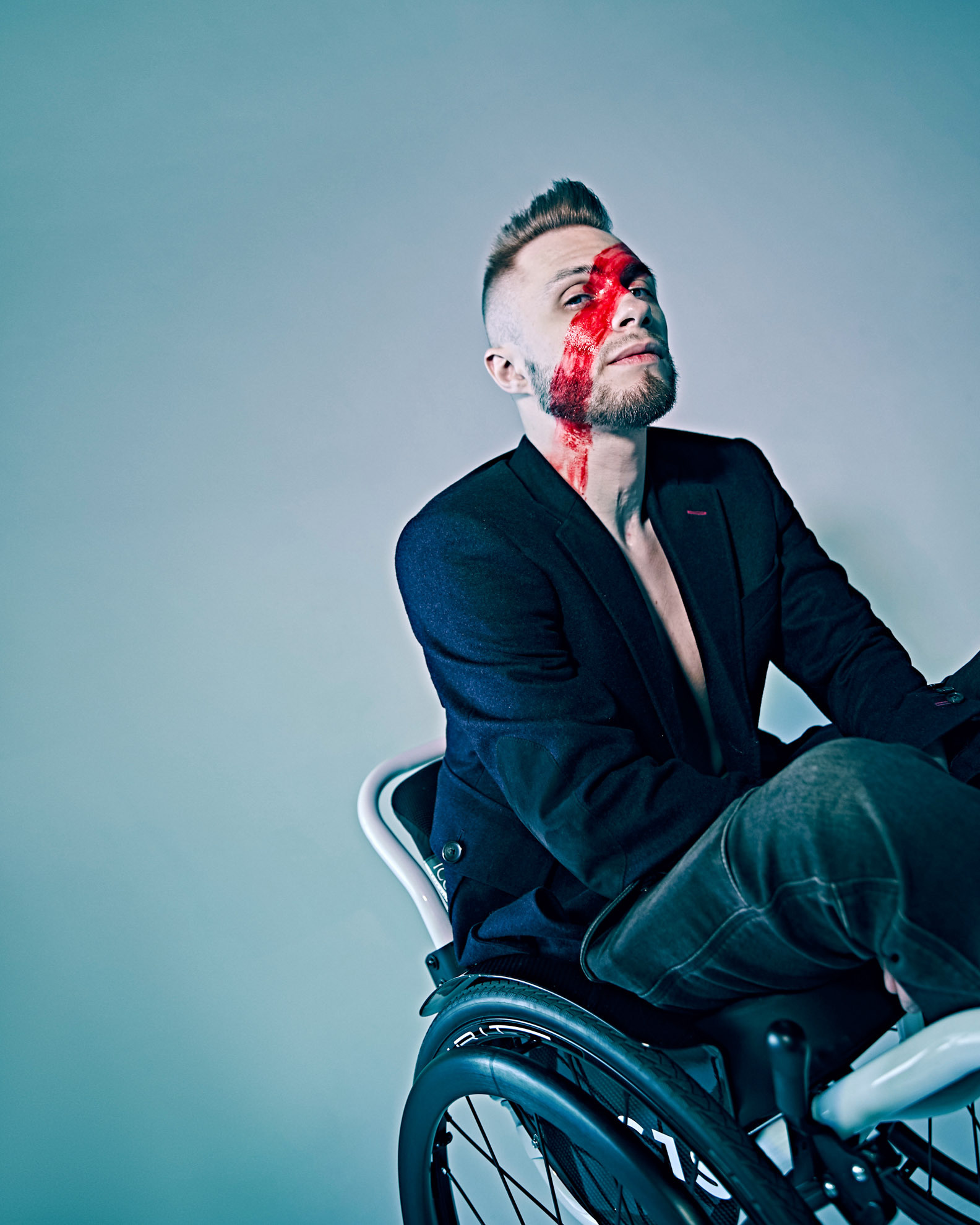
Such projects are needed, in the very first place, to GET USED to people with disabilities around us; so that people know — disability is not a scary thing.
We are not ready to accept a disabled person as a fully functioning member of our society. Meanwhile, people with disabilities are exactly the same people, maybe just with some special features.
A disabled person should become an ordinary norm in our society. When it rains — nobody pays attention. The same should apply to disability as a concept — nothing negative, nothing extra positive. No exaggerated reaction. I personally don’t even like it when people let me bypass the queue. I want people to treat me as an ordinary able-bodied person.
The first reaction from a child from Russia when they get abroad is — why do they have so many disabled people? / It’s not the case about numbers, they simply move along, live their life — they visit theaters, cinemas, exhibitions, they go for a walk — the whole infrastructure allows all of the above. Disabled people are equal members of society.
We are living during a period of great times: we are just about to form an adequate reality, and we have 30-40 net years, where we are literally formatting the future. And we are responsible.
Nobody is safe or insured from that destiny, and I’d like to hope that in future if somebody who is very close to us becomes disabled — we won’t have a mental struggle with what to do with the environment and people’s attitude.
HEROES
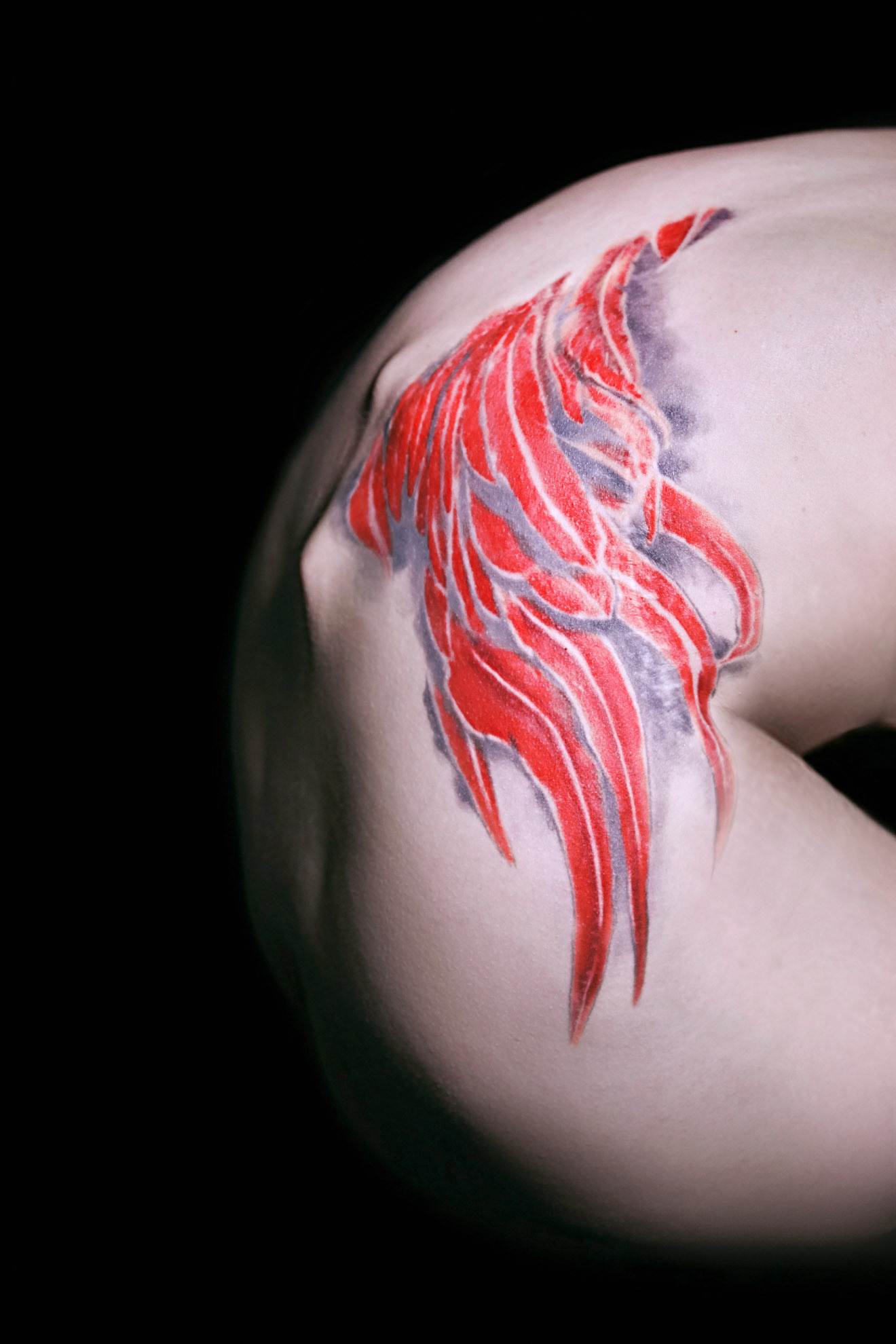
CATE TIMOFEEVA

ANASTASIA LENKOVA
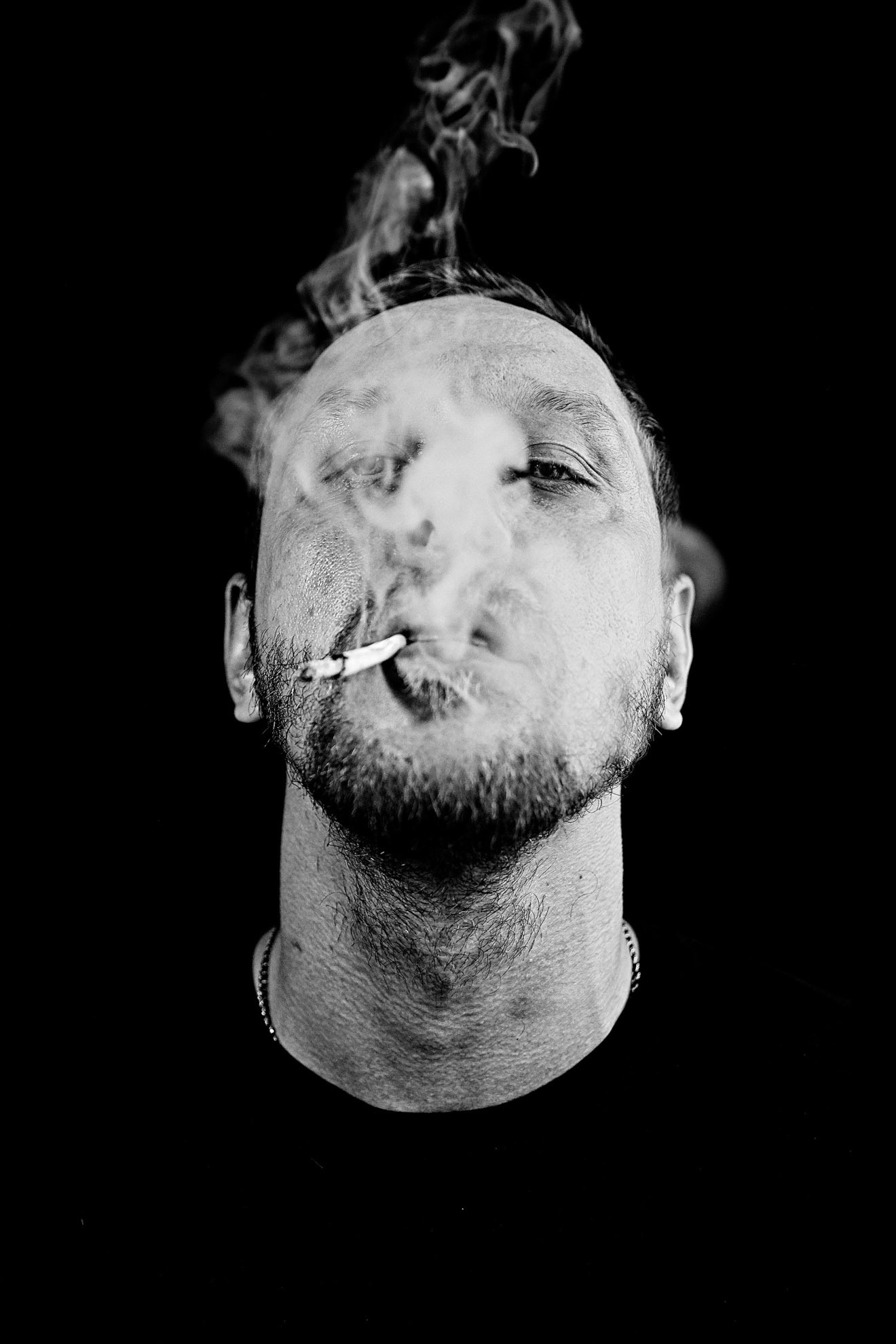
ANTON MAMONTOV

ALEXANDR KOCHENKOV
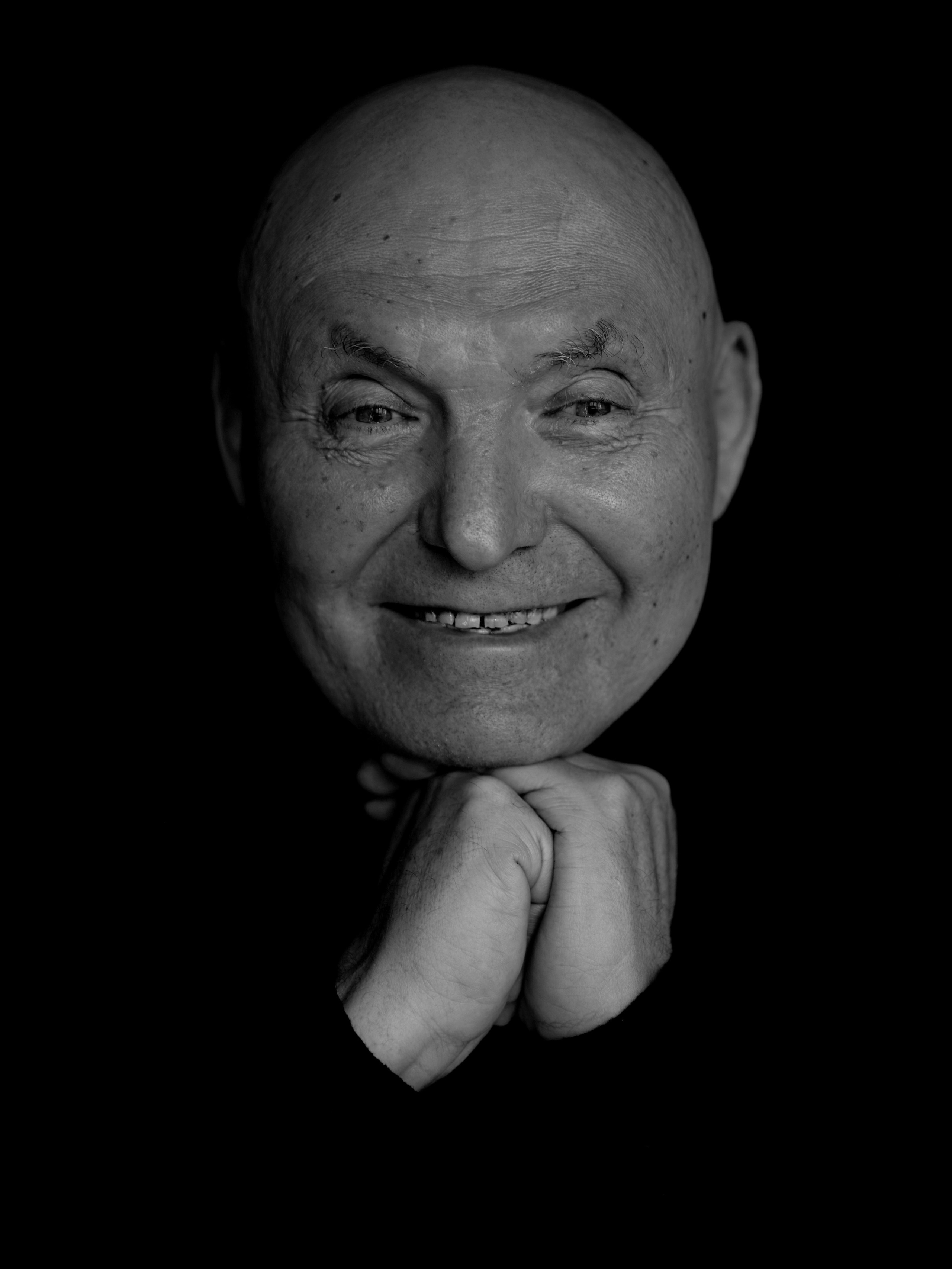
Александр Суворов
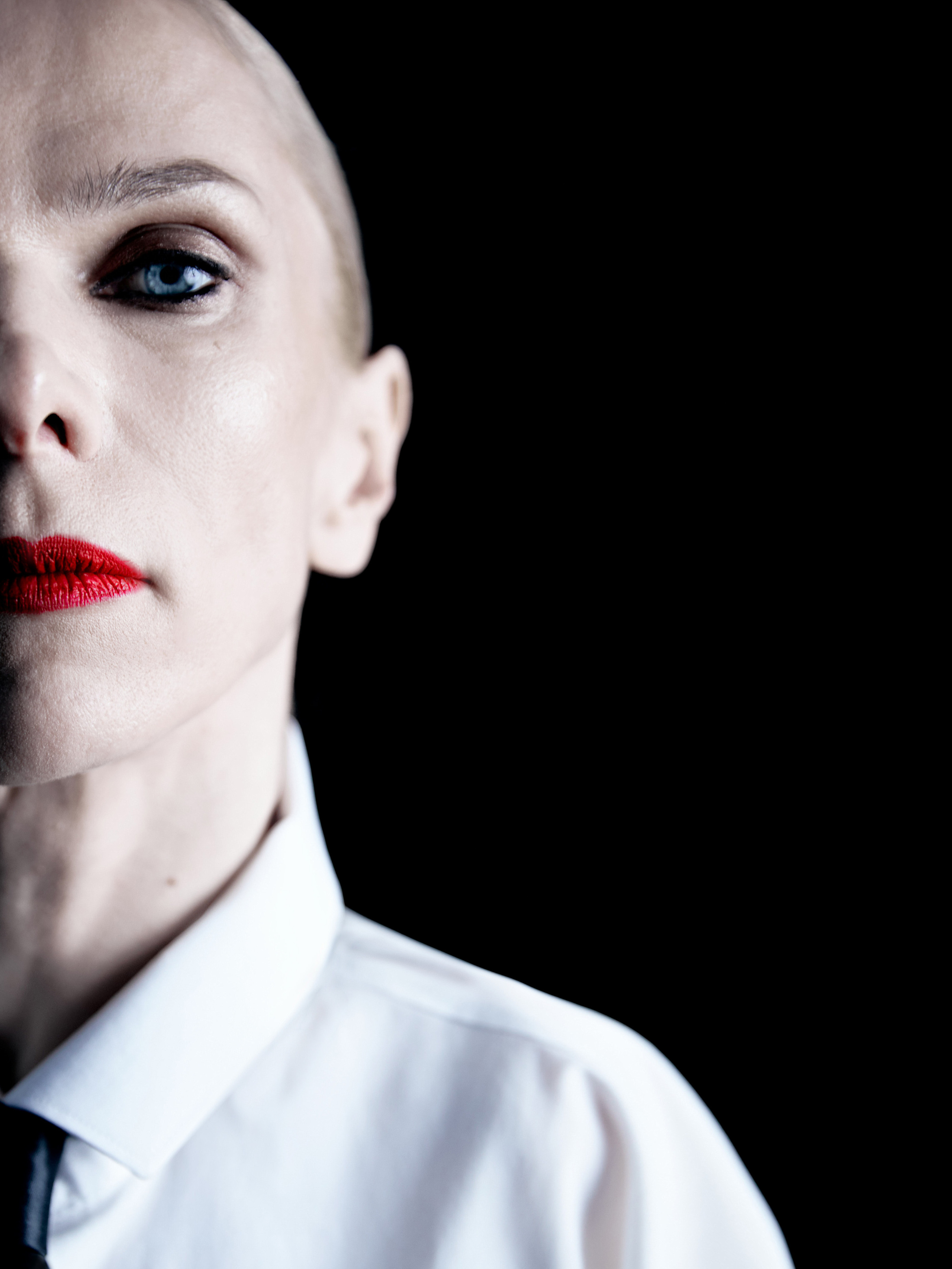
EKATERINA KACHALINA
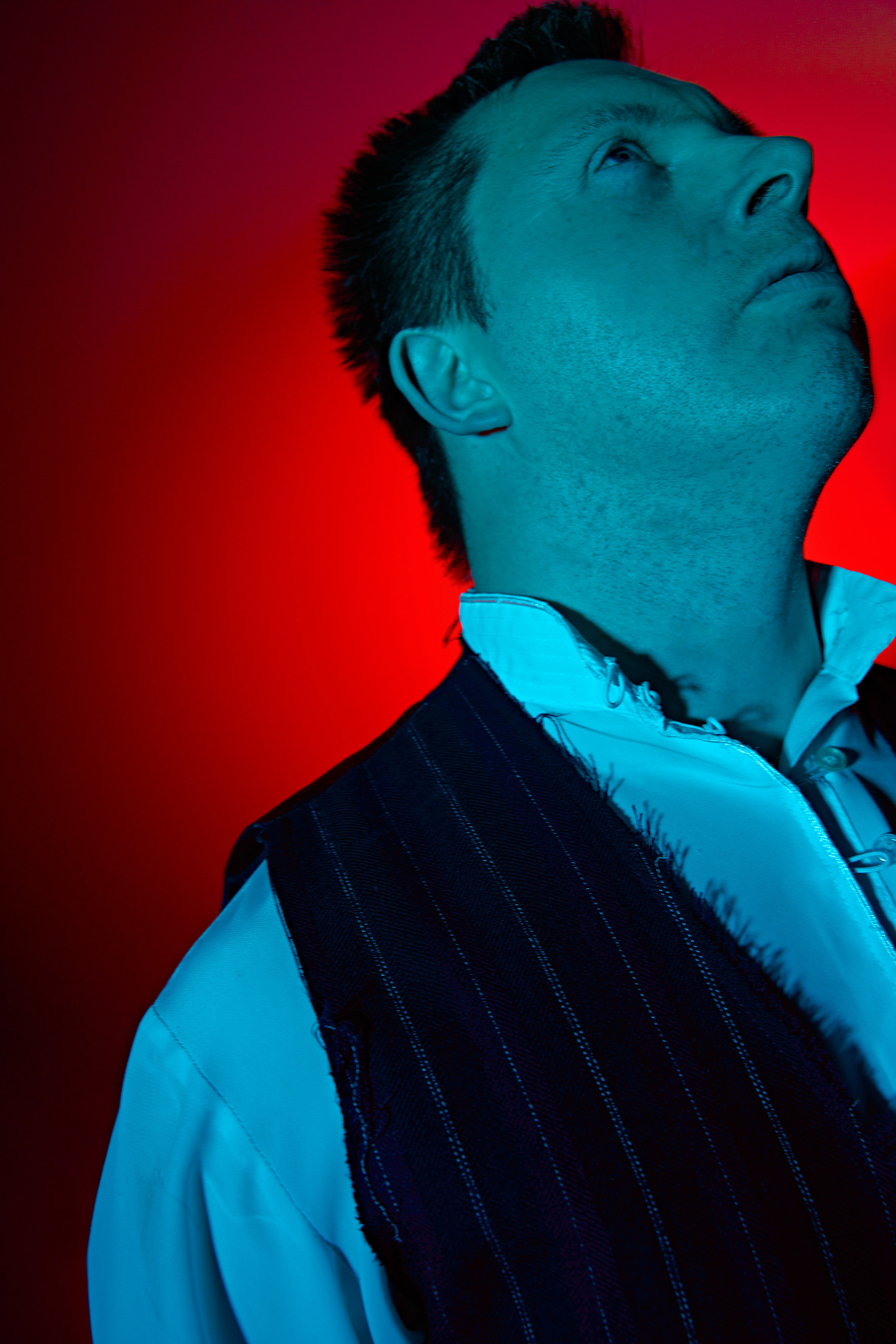
Vladimir Beloiartsev
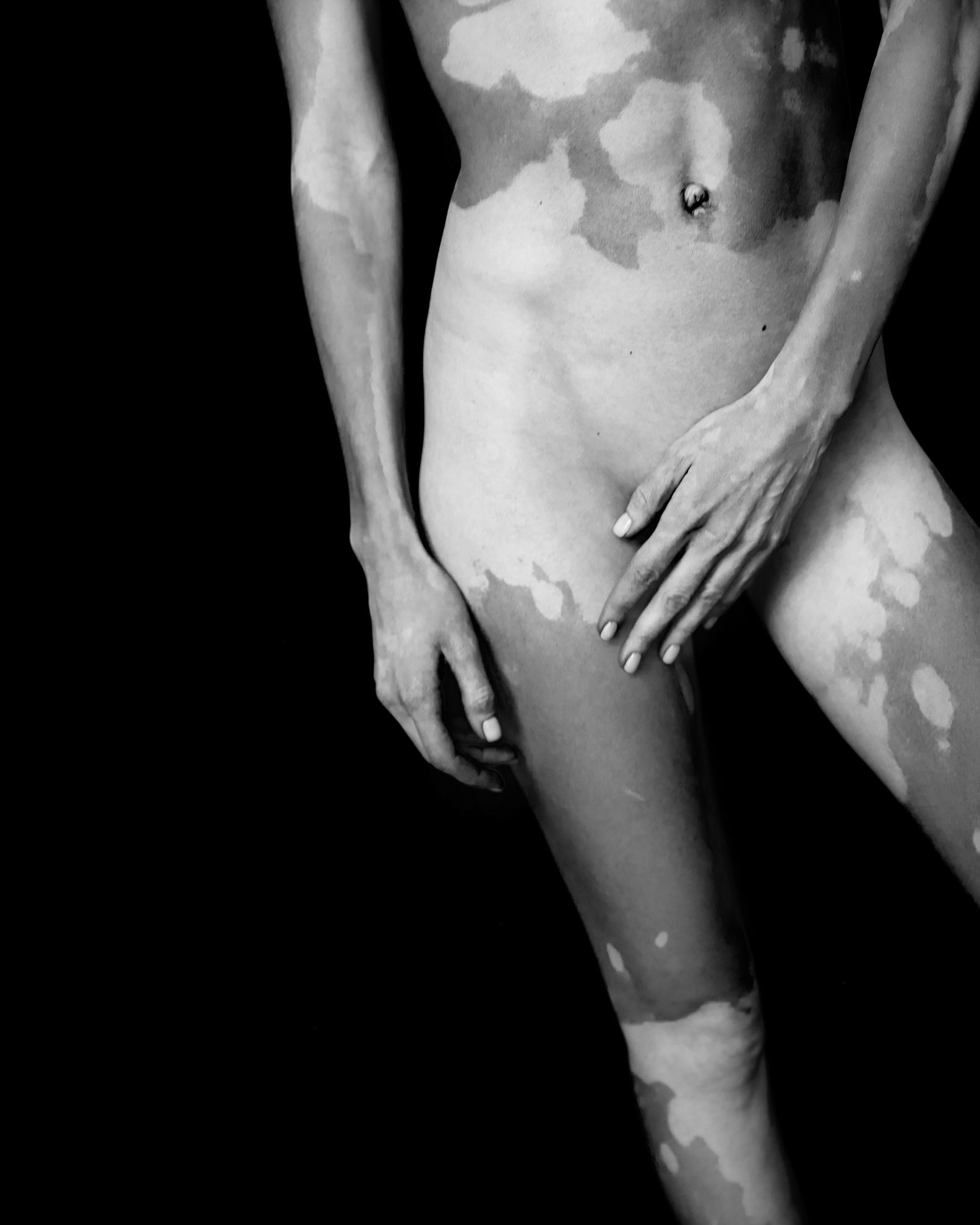
YULIYA VOROZHCOVA
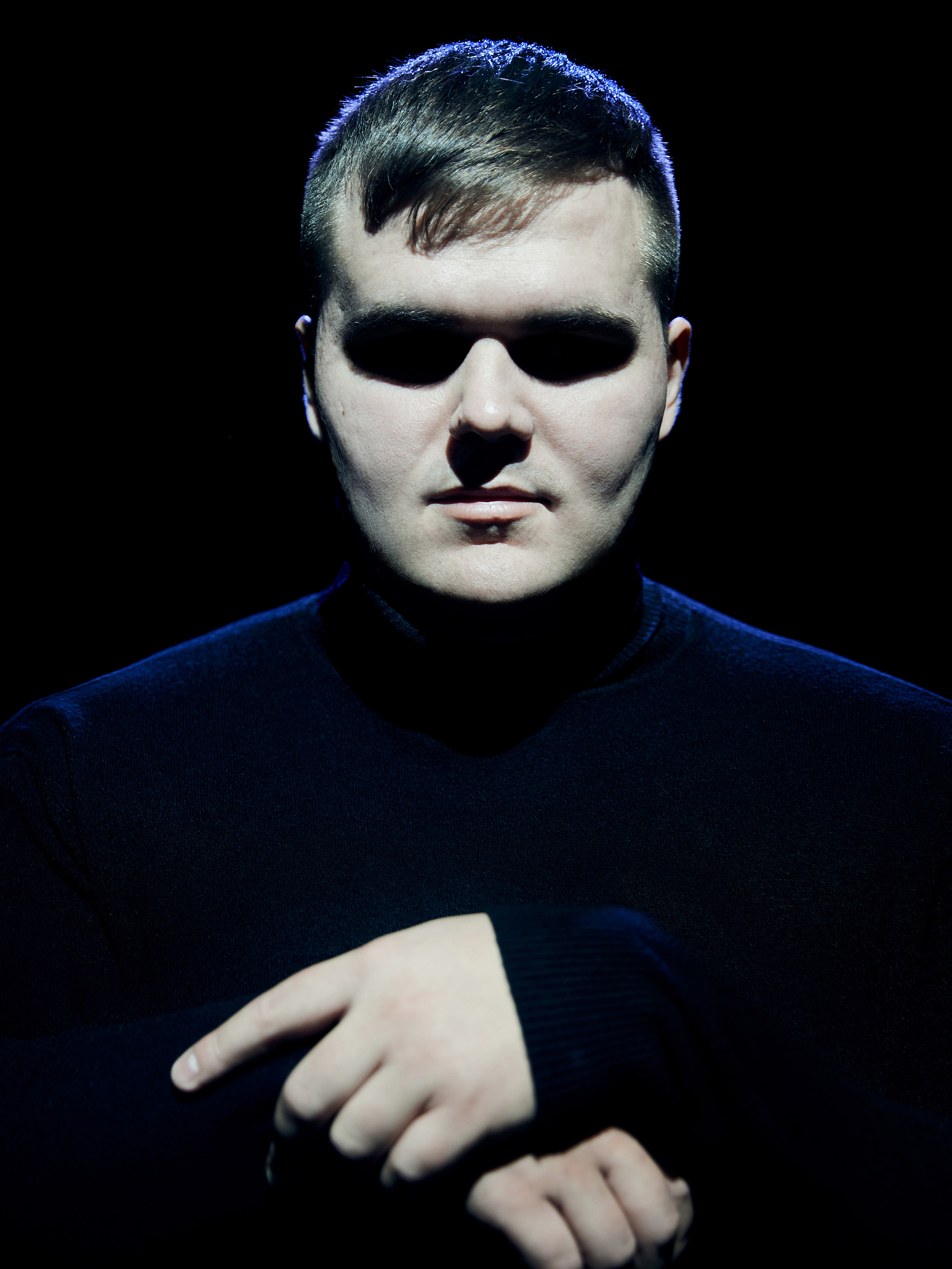
VLADIMIR VASKEVICH
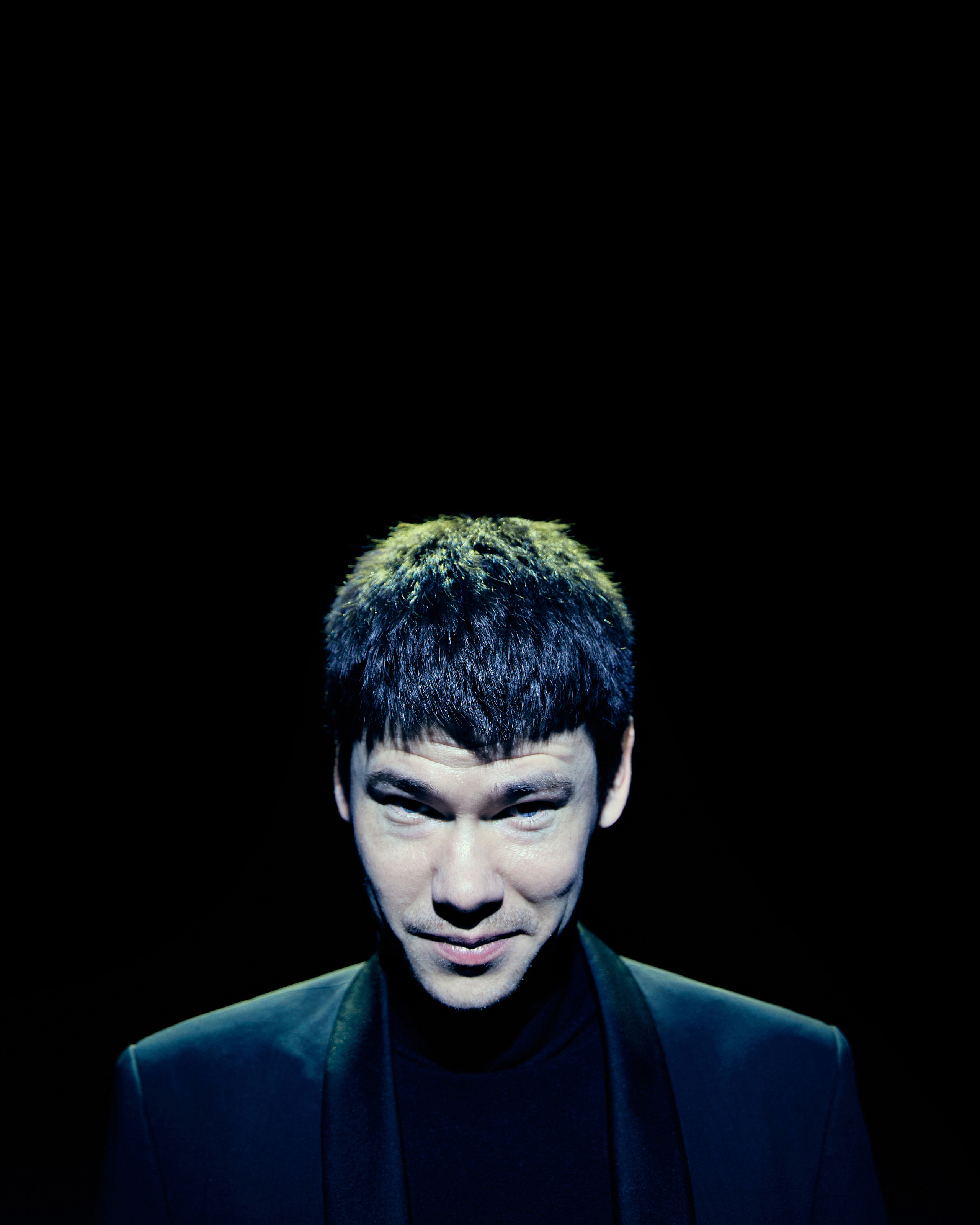
ALEKSEI TRANTSEV

NIKITA USTIANTSEV

SVETLANA BUSAREVA
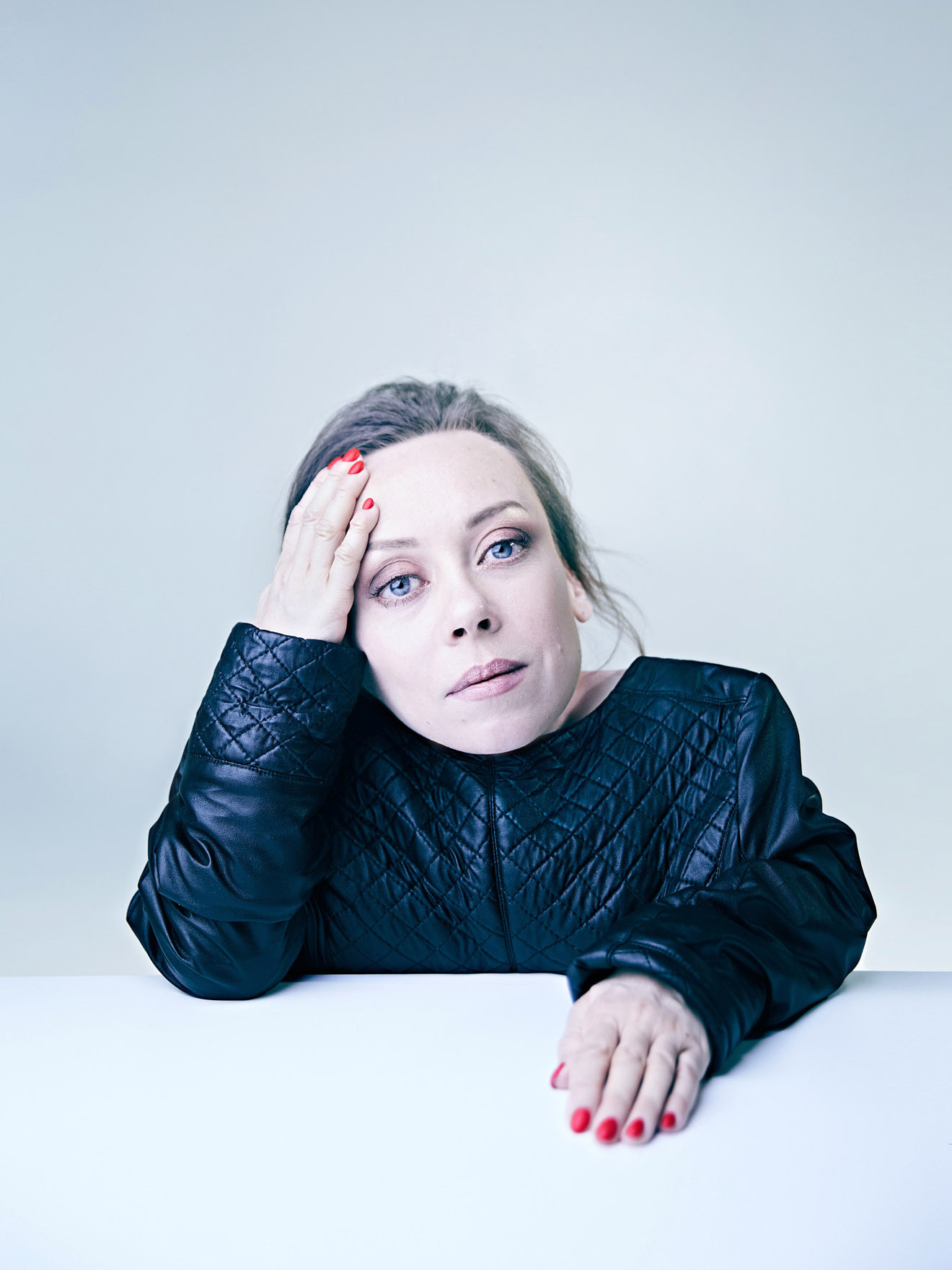
CATE POPOVA
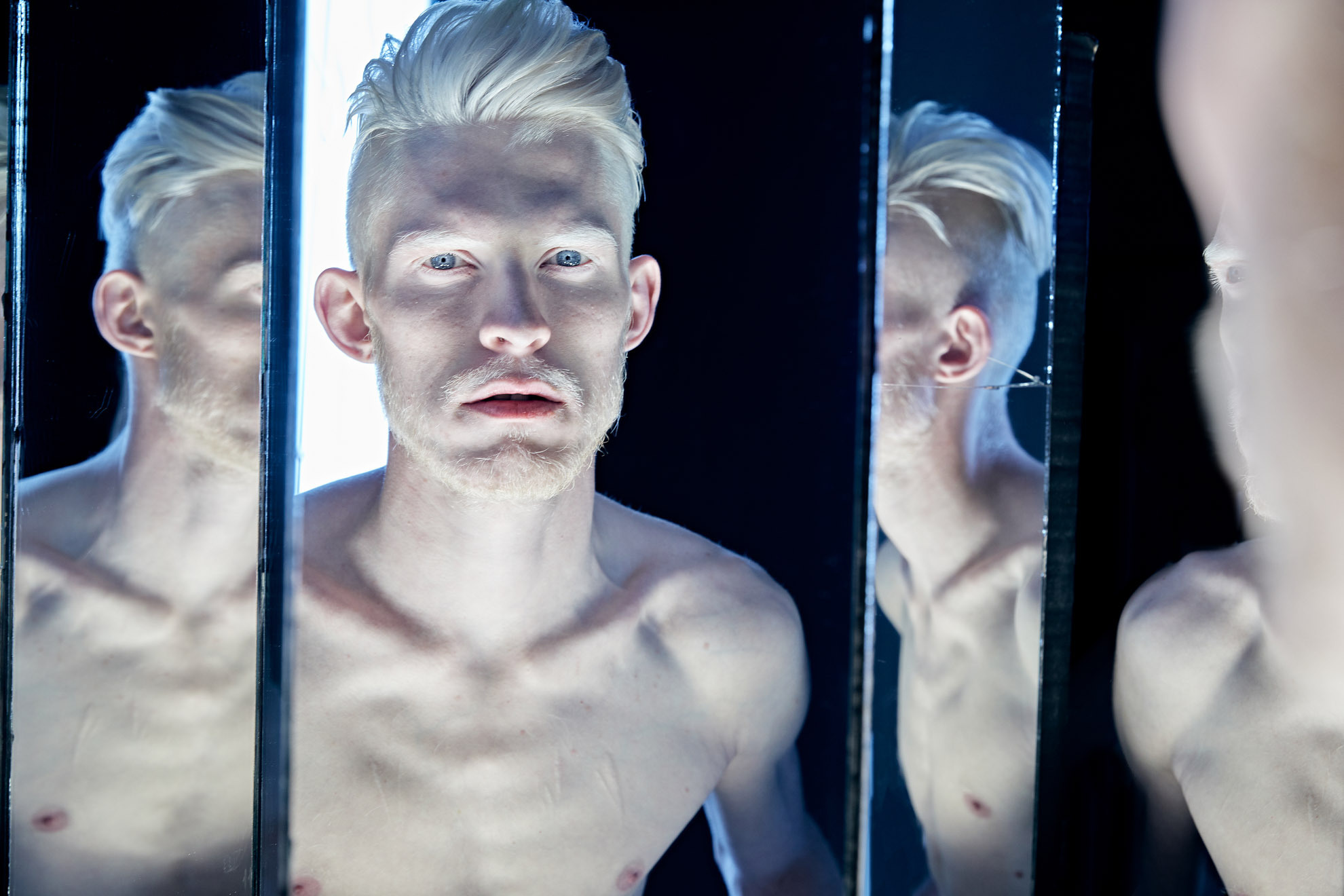
PAVEL LESNIKOV
